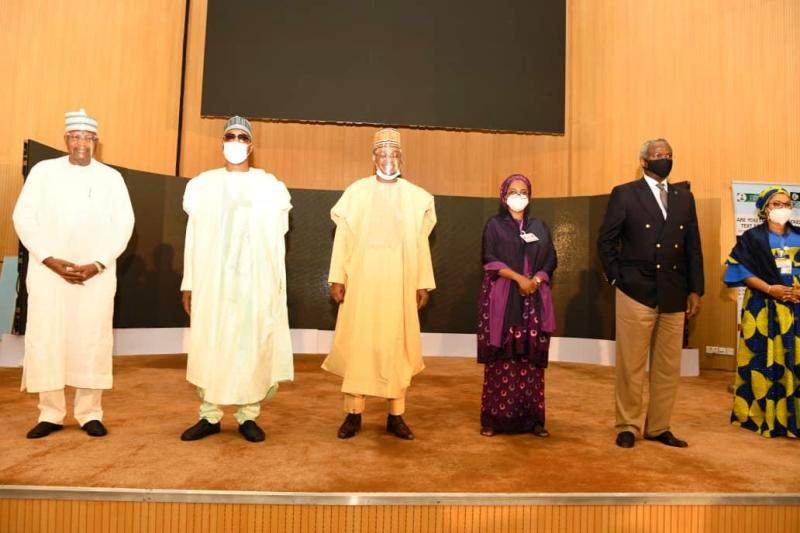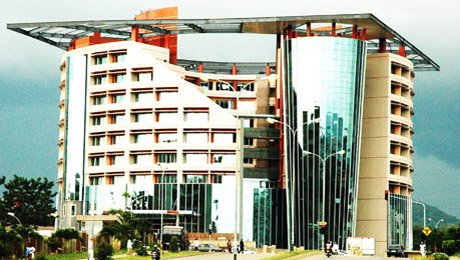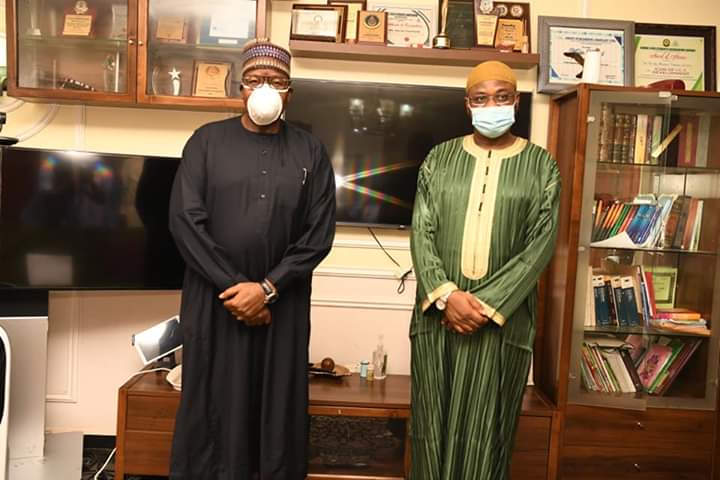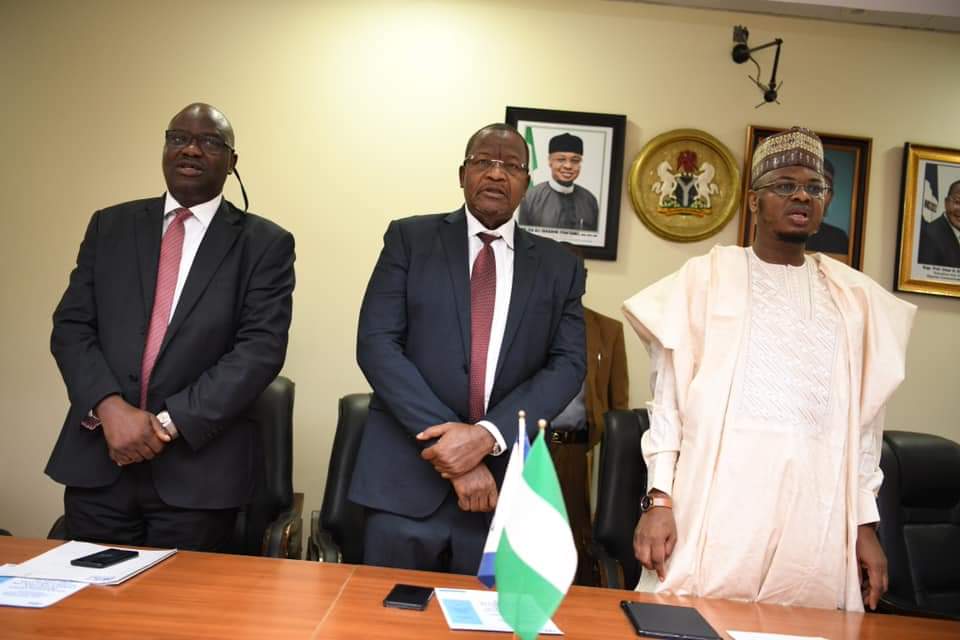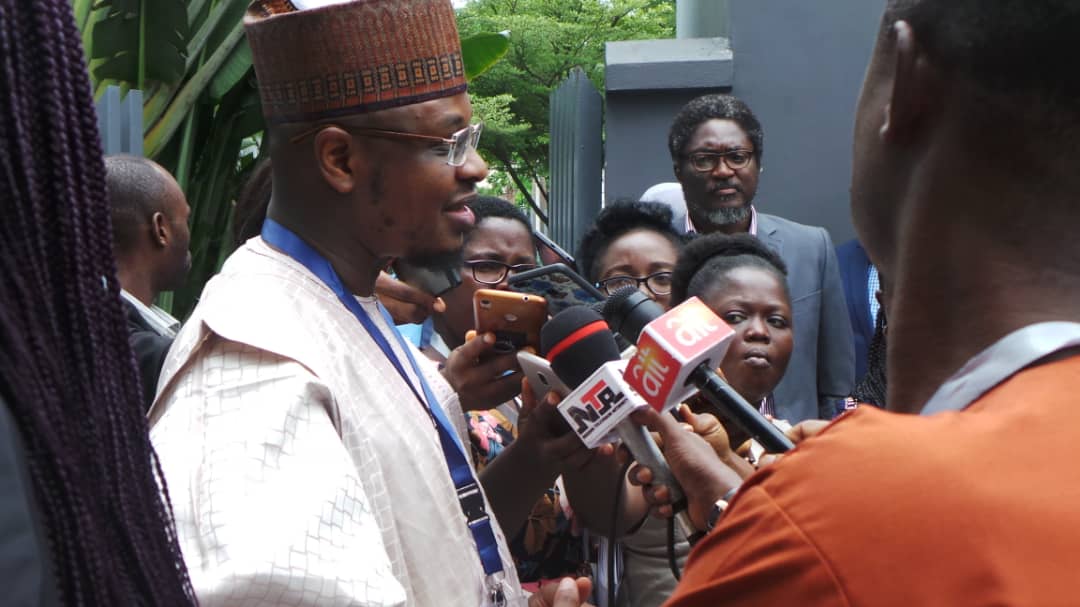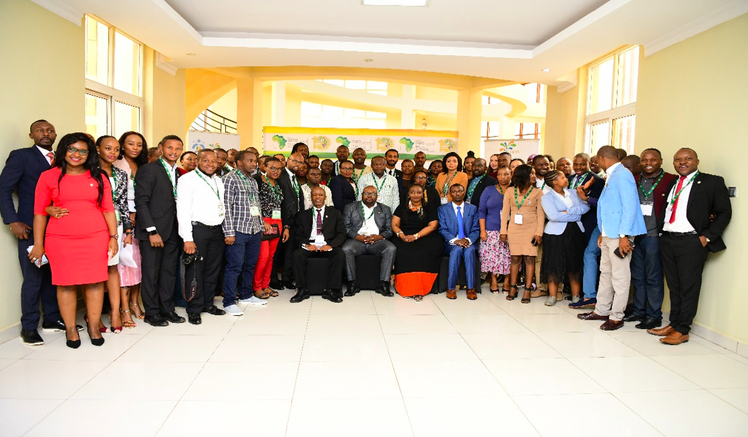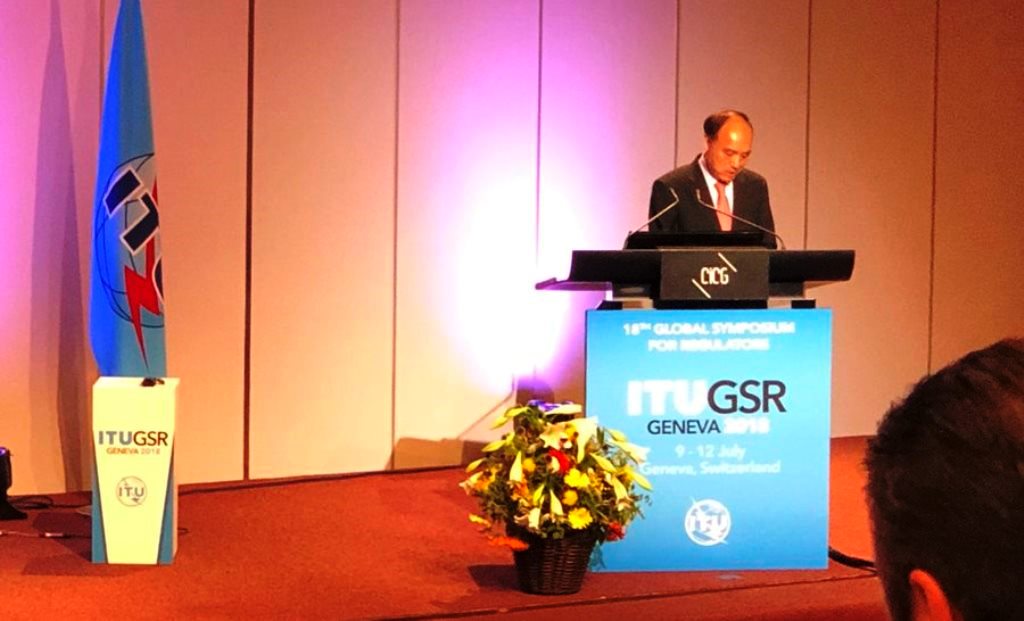…as experts gather to brainstorm, propose solutions to digital tax evasion, illicit financial flows, other tax challenges in Africa
Reputed as the world’s second largest and second most-populous continent, being behind Asia in both categories with over 1.216 billion population (2016 estimate) and covering six per cent of earth’s total surface area and 20 percent of its land area, Africa’s space and place in the development of a safe, affordable and adorable world cannot be overemphasized.
With countless human, mechanical and natural resources, indeed Africa can pass for one of, if not the most blessed continent.
However, despite her genuine contributions to a brighter world, Africa has for long dwelt in the dungeons of ‘a developing continent’ tag. Hence, the need for an urgent approach to alleviate her present pitiable condition.
The atmosphere was crisp, serene and intellectual. This uncommon gathering in far away East Africa could not have been for any other purpose other than brainstorming and proposing workable solutions to some of the challenges responsible for the continent’s severe loss of revenue that could have hitherto been used for her development.
To cut the suspense loose, it was the second edition of the Media Engagement and Training organised by the African Tax Administration Forum (ATAF) in Kigali, Rwanda from 6-8 March, 2019. TheNewsGuru (TNG) reports that the first edition held in South Africa in 2018.
This year’s edition being commemorative of ATAF’s 10 years anniversary was themed “Journeying with ATAF on the Next 10 Years: The Journey Towards Increased Domestic Resource Revolution in Africa,” and had over 70 participants and resource personnel drawn across 38 African nations including Olaotan Falade of TNG.
Under the professional, charming and unparalleled oratory prowess of Ms Fiona Marwa, participants freely journeyed through a rich, yet adventurous three-day taxing moment in the beautiful city of Kigali, Rwanda.
As expected financial and tax experts, revenue authorities from different African countries including tax/business editors and reporters all did justice to dissecting the problems at hand and recommending immediate workable solutions for the actualisation of a more prosperous and independent African continent.
Preamble
The digitalization of the world’s economy is considered to be a major stimulant to growth, development and innovation. Online and cross-border transactions requiring little or no physical presence have transformed world trade, as we knew it.
However, this increased digitalization of the economy has created a big challenge for taxation as most local laws are not robust enough to address the complexities created by the digital economy.
Getting started
In his opening remarks, the Commissioner General, Rwanda Revenue Authority (RRA), Mr. Pascal Bizimana Ruganintwali said while the continent is gradually making progress in its tax compliance and accountability role, however a lot still has to be done to measure to international standards particularly as regards efficiently taxing digital businesses which have successfully penetrated the nooks and crannies of the African continent.
According to him, the tax policy in Africa is still behind compared to what is obtained in developed economies. In his words: “I believe ATAF has done wonderfully well by initiating this annual training and engagement of both media and tax revenue authorities. I have no doubt in my mind that this engagement will inform you about the progress we are making (as well as) challenges and intervention required to close the gap in implementing tax policy.”
Charging media practitioners particularly the tax reporters on their statutory role, the top Rwandan tax official said “The media has a critical role to play in helping us tackle some of these challenges bedevilling effective taxation in Africa. The media is bequeath with power to change public perception and to increase voluntary compliance, reduce tax envision and help us handle challenges attached to the digital economy.”
In a similar vein, the Director of Tax Programmes at ATAF, Ms Mary Baine in her opening remarks charged the continent to embrace the positives and work out the challenges associated with digitilisation. She noted that Africa has more to gain than lose in the 21st century.
“The era of globalization is upon us, and we can no longer ignore the fact that Africa’s much-needed tax base is being eroded simply through unrecorded revenue. Our continent, now more than ever, needs all the resources if it is to promote its social-economic growth and the wellbeing of its populations. We see the media as partners in our journey to advance the discourse on tax and development” Baine emphasised.
How ready is Africa to tax digital economy?
One of the focal points of the just concluded second media engagement and training convened by ATAF was a brave attempt at determining if the continent is ready to tax the digital economy or not.
Participants agree that there was no clear and singular consensus on the most effective way of taxing digital transactions. Traditionally, the major principle considered in determining the taxability of income earned by foreign entities is physical presence or permanent establishment.
A major challenge is therefore, determining at what point such non-resident company will be seen to have conducted business in Africa, since it does not require a physical presence to conduct its business transactions in any of the 54 countries. This is particularly so as even the customers that complete transactions on online platforms may not be aware of the exact location of the digital goods and services they are consuming. In some instances, the jurisdiction with the taxing right may be in dispute as the location of the seller can be different from the location of the goods being sold.
In his submission during a session on the readiness of Africa in taxing the digital economy, the Manager; Resource Mobilisation for ATAF, Thulani Shongwe said: “The digital economy should be legislated and supervised if Africa is to benefit from it through collection of taxes. We should leverage on advent growth of various technologies to collect tax revenues for our nations as well as for supervision purposes which will combat non-compliance from the digital economy.”
Other panelists and participants also posited that the rise of digital platforms and e-commerce will reshape the retail sector and in turn have deep implications for developing countries’ industrialization processes, which have been at the heart of all successful cases of development across the globe.
Moreover, African countries more than at any other time need to develop policy responses that will help her in harnessing potential benefits and ameliorate negative consequences.
Panelists and participants however advocated for a genuine overhaul of the weak tax system and laws to accommodate emerging/digital economy in African countries. The following was further recommended to address challenges arising from the digital economy in Africa.
To tax digital economy, African countries should first of all:
-
Secure the policy space in multilateral, regional and bi-lateral fora and processes to develop responses to digitization that are tailored to domestic conditions and policy considerations.
-
As data becomes the “primary resource” of an increasingly digitalised economy, countries need to secure a degree of national sovereignty with respect to issues of data ownership, privacy, cybersecurity, structural transformation and economic inclusion objectives.
-
National taxation systems need to adapt to the rise of e-commerce and digital platforms. This requires ensuring an appropriate taxation regime in relation to e-commerce and other digital and their suppliers and to address issues of transfer pricing and profit shifting to low taxation jurisdictions.
-
Policy must address issues of market dominance, competition and market access. The EU has for instance begun to put in place competition policy responses to the impact of network effects that attract users to the largest and fastest growing platforms which result in “winner-takes-most” outcomes.
-
Developing countries need to develop digital industrial capabilities including ensuring high speed and cheap broadband, building linkages between digital platforms and domestically produced goods and services, the provision of industrial financing instruments to do so and the adaptation of technology and skills curricula and institutions to new digital realities.
Birth of ATMeN
Going forward, participants at this year’s media engagement and training reiterated the need to not only talk but walk and work the talk. Hence the inauguration of a network to keep the Africa tax conversation alive long after the training had been completed.
The Africa Tax Media Network (ATMeN) brings together over 150 participants from the first and second media engagement and training sessions. Through the newly formed network, participants would have common but rare platform to share experiences, develop story ideas, promote access to information at multiple levels and identify opportunities for capacity development.
It is expected that the birth of ATMeN would further push for a strong collaboration between tax reporters and revenue administrations with support from ATAF to enhance tax education and awareness in supporting domestic resource mobilization in the various African countries.
